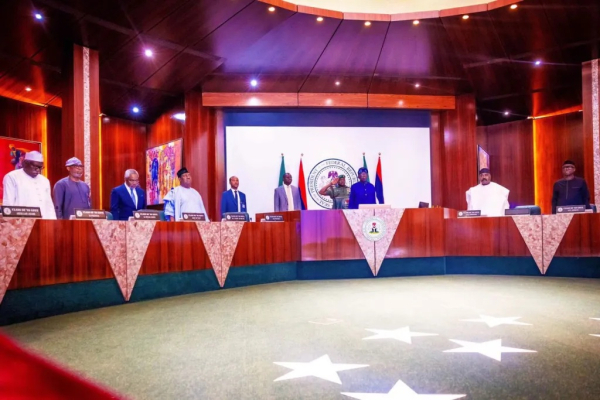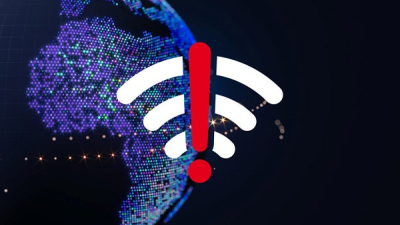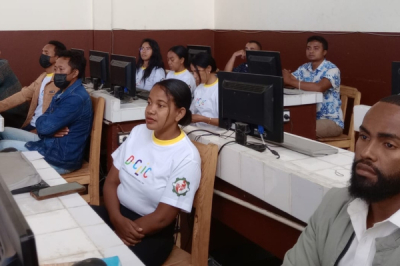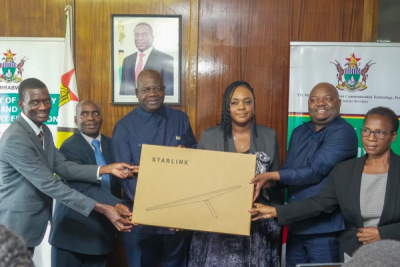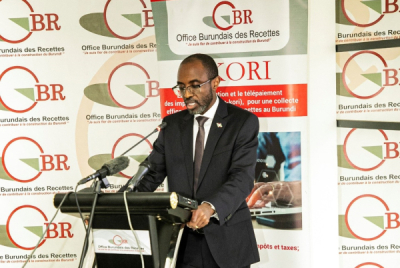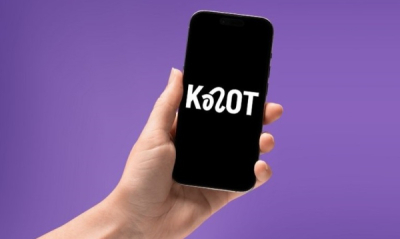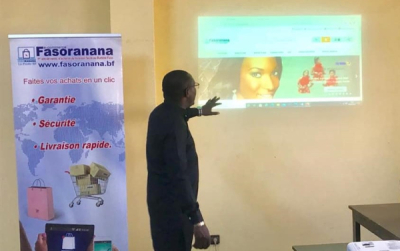- Nigeria launches 1Gov Cloud to enable paperless governance by 2025
- Platform integrates secure tools for workflows, communication, and assets
- ICT sector seen reaching 21% of GDP by 2027
The Nigerian government has launched its 1Government Cloud (1Gov Cloud) platform to create a paperless administration across ministries, departments, and agencies (MDAs). This initiative is part of the country’s digital transformation goals, which aim for a fully digital government by the end of December 2025.
The 1Gov Cloud platform centralizes several digital tools to modernize governance. It includes GovDrive for secure, sovereign cloud-based file management and encryption; GovECMS to automate workflows and inter-agency interactions; GovMail for secure, government-only communication; GovE-Sign for legally recognized electronic signatures; and GovConference for encrypted video and audio conferencing. Other features include GovOTP for secure one-time password authentication, GovAsset Management for a unified registry of government assets, and GovCollaboration Tools for chat, document sharing, and inter-agency coordination.
"The paperless governance initiative will eliminate bureaucratic bottlenecks by streamlining approvals and inter-agency communication," said Wumi Oghoetuoma, the 1Gov Cloud Program Director, in comments reported by Nairametrics. "It will significantly cut costs associated with printing, storage, and distribution of physical files, while enhancing transparency and accountability in public service delivery."
Digital Economy Growth
This initiative underscores the Nigerian government's commitment to making digital technology a cornerstone of socioeconomic development, with the ICT sector's contribution to GDP projected to reach 21% by 2027. In recent months, the government has stepped up efforts to strengthen cybersecurity, train citizens and civil servants in digital tools, and expand digital infrastructure.
According to a joint study by the International Finance Corporation (IFC) and Google, Africa’s digital economy is expected to reach at least $712 billion by 2050, representing 8.5% of the continent's GDP. The GSMA, a global association of mobile operators, projects that e-government could also generate an additional 814 billion naira in tax revenue for Nigeria by 2028.
Isaac K. Kassouwi


